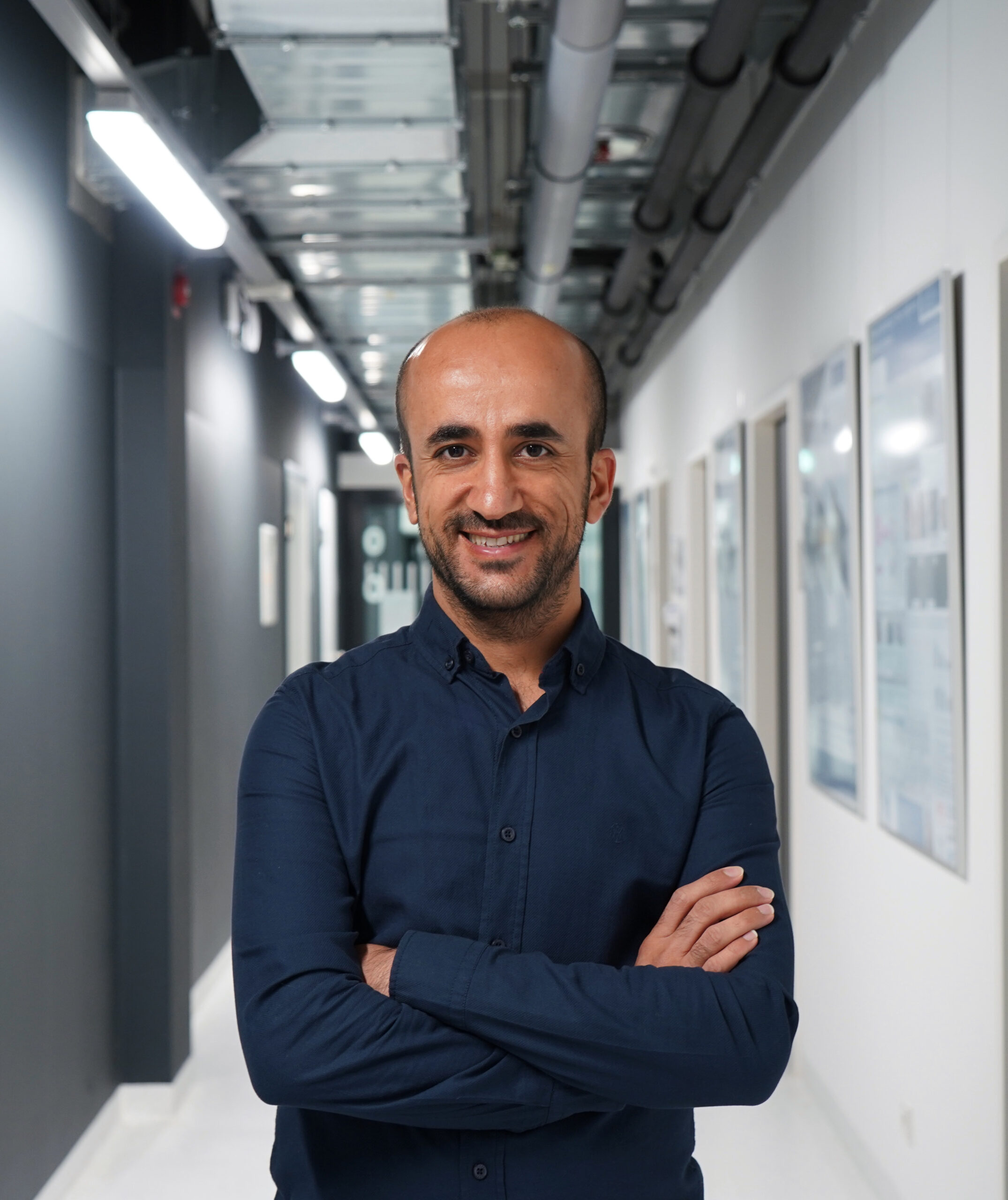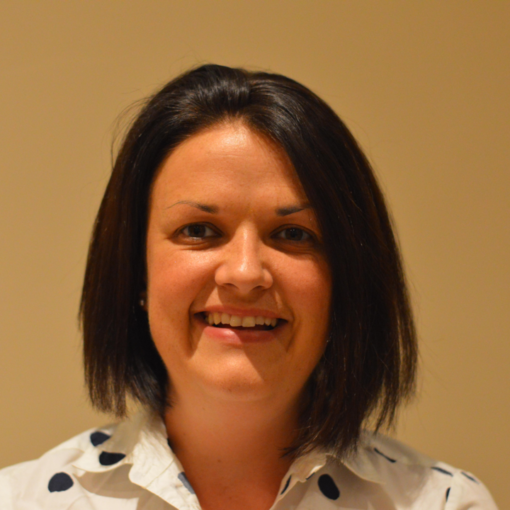PhD in Immunology, University of Birmingham
| Flow Cytometry Technical Sales Specialist | |
|---|---|
| Thermo Fisher Scientific | |
Year entered into a non-academic position: 2018
Job highlight: Driving my own business whilst being part of larger organisation
Left academia after: After 3 years 6 months of post-doctoral work
What’s your background?
I completed a BSc in Biomedical Sciences at the University of Keele. I then went on to do a MSc in Immunology at the University of Birmingham. I applied for a PhD studentship in the same lab I did my MSc project and was lucky enough to secure the position. My research focused on a receptor expressed on T cells called CTLA-4 and its intracellular trafficking. I investigated the role of the CTLA-4 cytoplasmic domain in the intracellular trafficking of the receptor with particular emphasis on sorting signals encoded within this domain.
After completion of my PhD, I continued my interest of endocytosis as a Post-doc at the University of Warwick, where I investigated the mechanism responsible for the shutdown of endocytosis during mitosis.
I later moved to London and worked as a Post-Doc at St George’s, University of London. Our main aim was to understand the role of regulatory T cells (Tregs) in atherosclerosis.
Why did you move away from academia?
The lack of career progression, long hours and the general loss of enjoyment as you cannot maintain a healthy work/life balance. Fellowships were too competitive, and you reach a point where you have to draw a line and move away from research.
Is there anything you miss about academia?
I do miss devising research questions and using lab techniques to address them. I also miss problem-solving when things are not going according to plan whether in an experiment or otherwise.
How did you get this job? Did you face any challenges when considering a move away from academia or applying for the role?
I got in touch with a recruitment consultancy agency who asked me to send over my CV and highlight positions I would be open to. Within 2 days of sending my CV, I was invited for an interview at Thermo Fisher. The main challenges I faced were the lack of knowledge of how to drive a business and lack of sales experience. However my motivation and drive to succeed & learn was enough to help me secure this role.
What motivated you to/why did you choose the sector you transitioned into?
I like my independence and I like to manage my own time. I am very competitive and working in the business world requires you to bring your A game if you want to succeed and get your bonus.
Did you think you had the skills required for your current position before you started? Were you right?
Initially I thought I had no skills required for the business world especially considering I have never worked in sales before. However I was wrong. My PhD and Post-Doc positions prepared me well for the role
How did your PhD prepare you for your current job? For example, what were the transferable skills that you developed during your PhD that are most relevant to your current job?
I developed transferable skills from academia that I could easily put into play in the business world. This would include completing tasks at set deadlines, problem-solving, time management, and good organizational skills to name a few.
Did you have any preconceptions about your sector that proved to be wrong?
The only preconception I had was that I would be left to get on with the job without any help. This is not the case at Thermo Fisher. You are trained throughout your career from shadowing senior colleagues, to attending sales training programs.
Can you describe a typical week in your job?
Pre-Covid: I would be visiting accounts in the field 4 days a week and I have 1 admin day to follow-up with customer meetings, etc. I would aim to see 4-6 customers per day to discuss their research and understand how I can support them with our life sciences solutions portfolio. Post-Covid: I would arrange Teams meetings and try and achieve the same goal as on-site visits. I have now changed roles so I specifically speak with customers regarding their flow cytometry instrumentation and workflow needs.
What is the workplace culture like? Please include comments on work-life balance, flexibility, remote working?
Workplace culture is a lot healthier than academia. We are encouraged to take breaks/holidays, encouraged to be open and discuss how we are feeling with our managers. Work-life balance is great. As you are looking after your own business/territory, you decide when you want to start, when you need to take a break and when to finish. You have control on your day and time which makes remote working more desirable. We also do performance management and development reviews so you can focus on your career progression and get the help & support needed to meet those goals.
Do people with a PhD frequently get hired in the company/sector?
Yes, people with a PhD frequently get hired in the company but you can also get hired without a PhD.
What are your favourite parts of your job?
My favourite part of my job is that not a single day is the same.
I am dealing with different challenges every day and continuously learning. I like being in control of my day and time. I like meeting set deadlines and know that I will be rewarded.
What are your reflections on your career path?
Every post/job I have completed has been a learning curve. Without the experiences gained from the different positions, I would not be where I am today. My career has had ups and downs but somehow everything worked out for the best.
Do you have any advice for current graduate students and postdocs considering a career outside of academia?
There is a life and a career outside of academia. Speak to people who have left academia and ask them about their experiences.
What do you know now that you wish you’d known when exploring a transition?
The biggest thing I have learnt is that the transition between academia and a career outside of it is possible. You gain so many transferable skills during your PhD/Post-doc but you have to apply them differently depending on the career path you embark on.
Can you recommend any relevant resources, organisations or events that might help somebody new to the sector find out more about it?
Naturejobs Career Expo – this set the scene for how many different jobs there are available outside of academia. People share their experiences on why they left academia and/or left and came back.





